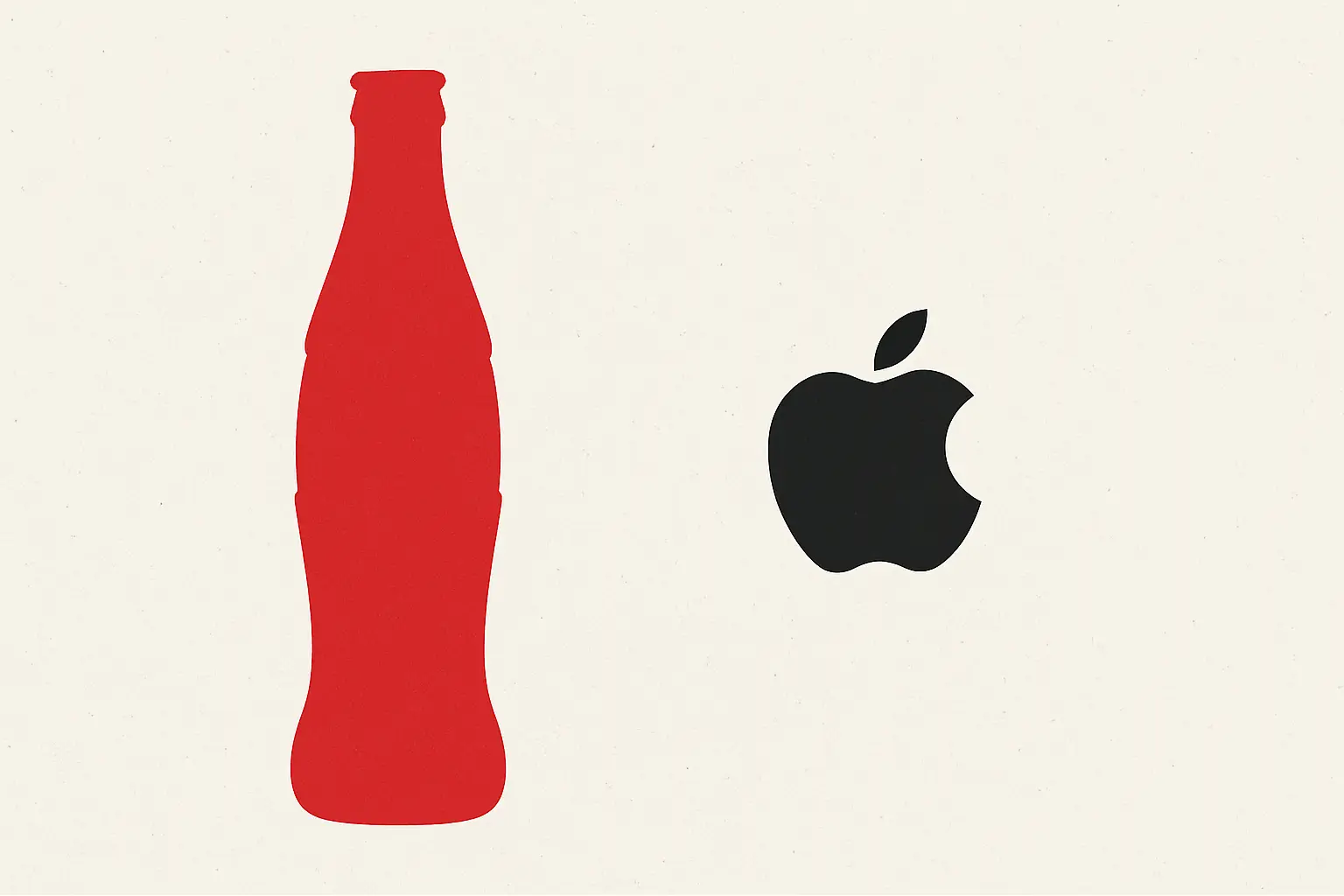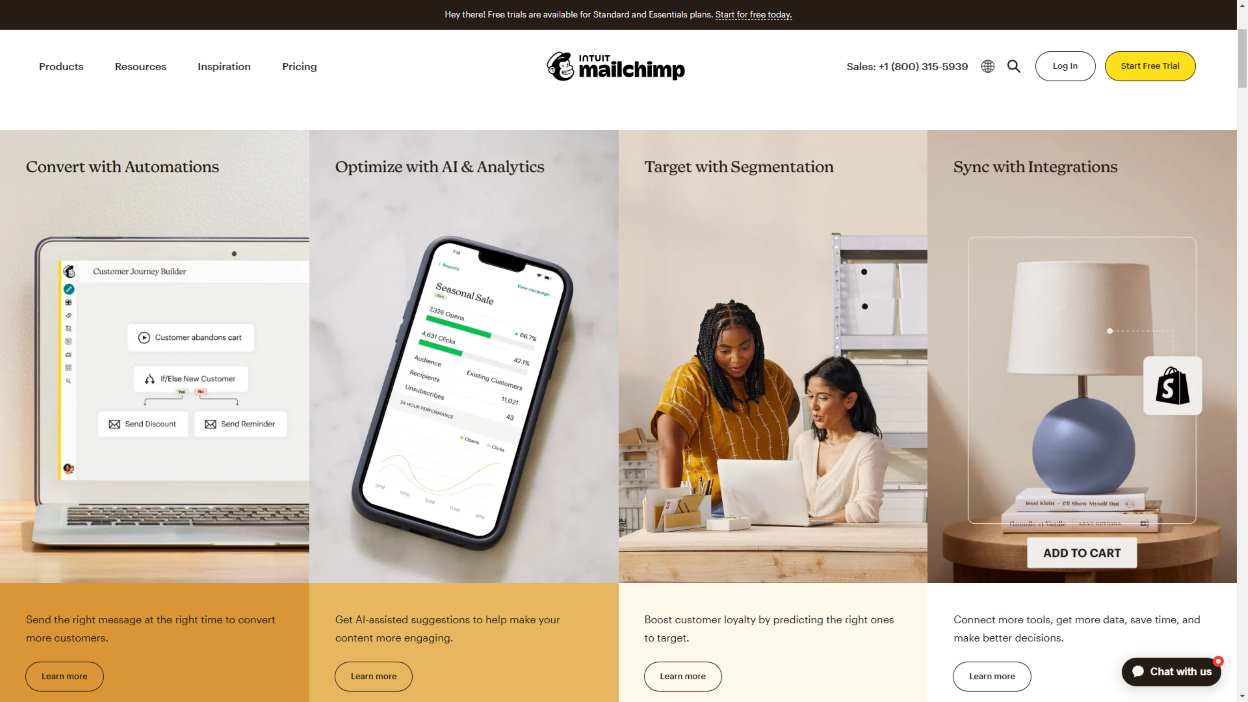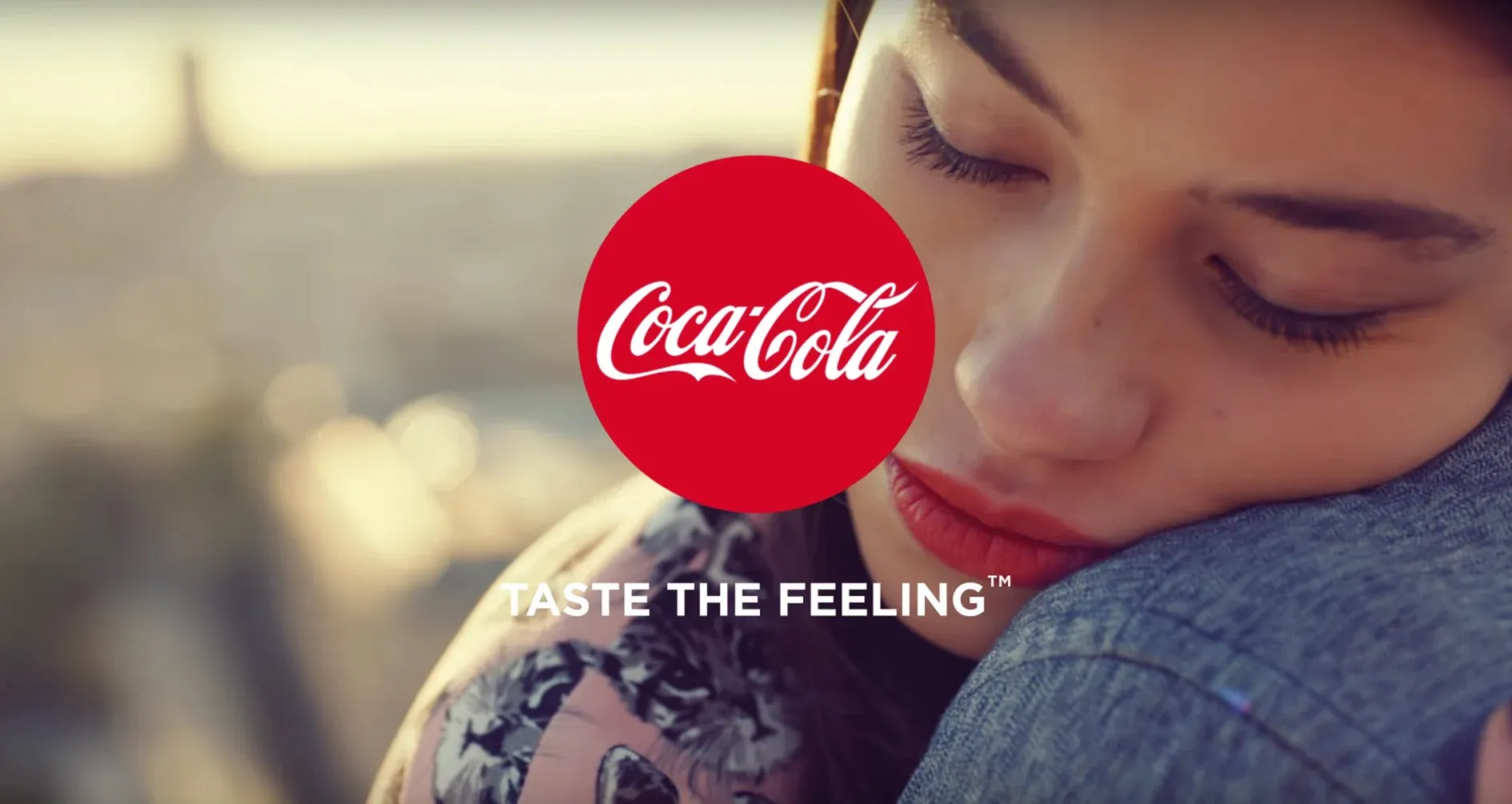Why consistency in marketing impacts success (and how to get it right)
Most brands fail at consistency and lose trust. Discover why consistent content is the game-changer your business needs.

If consistency in marketing is so important, why do so many companies fail to prioritize it?
The truth is, maintaining consistency in content marketing is easier said than done. For many businesses, challenges like limited resources, the pressure for immediate results, or scaling pains often take priority over long-term strategies like consistent branding and messaging.
Some companies simply don’t know where to start—they lack a clear strategy or tools to manage their efforts.
Others believe consistency stifles creativity or that it’s too hard to maintain across multiple channels. And then there are those who underestimate the true impact consistency has on building trust, improving SEO, and boosting engagement.
These misconceptions and roadblocks are costing businesses more than they realize. Inconsistent marketing confuses audiences, weakens brand recognition, and reduces customer trust. It can even hurt your bottom line by driving away potential customers who fail to connect with your brand.
But here’s the good news: achieving consistency in marketing doesn’t have to be overwhelming.
By establishing clear guidelines and executing a strategic plan, you can build a reliable brand image that delivers results like increased customer loyalty, better engagement, and improved visibility in search engines.
In this article, we’ll explore why consistency in marketing matters, the challenges businesses face, and actionable steps to help you overcome them and stay ahead of the competition.
💡 Pressed for time? Here’s what matters:
- Why consistency is important:
Inconsistent marketing confuses your audience, weakens trust, and damages your brand. Consistency builds trust, improves SEO, and makes your brand recognizable. - How to maintain consistency in marketing:
- Define your brand voice and style. Understanding brand voice is crucial as it helps decide on your tone (e.g., friendly or formal) and create a style guide so everyone sticks to the same rules.
- Stick to a content schedule. Use tools like Trello or Hootsuite to plan and organize your publishing schedule.
- Make visuals consistent. Use the same colors, fonts, and design elements across all your marketing platforms.
- Test and refine your strategy. Regularly check your content’s performance using tools like Google Analytics, then tweak what isn’t working.
- The result:
A clear, reliable, and recognizable brand that builds trust, boosts visibility, and creates loyal customers.
What is consistency in marketing strategy, and why does it matter?

Consistency in marketing strategy refers to maintaining uniformity in your brand’s messaging, tone, visuals, and overall experience across all channels.
Whether your audience encounters your brand on social media, your website, email campaigns, or even offline ads, consistency ensures they recognize and trust your business.
Why does this matter? Consistent messaging builds trust, enhances brand recall, and strengthens relationships with your audience.
For example, think of global brands like Apple or Coca-Cola. Their success isn’t just about great products—it’s also about how consistently they communicate their brand values and visual identity across all platforms.
Studies show that businesses with consistent branding are valued up to 20% higher compared to those with inconsistent messaging. This highlights how consistency impacts not only customer trust but also your company’s financial performance.
Why does consistency matter in content marketing, and what results can we achieve?

When done right, consistency in content marketing delivers tangible results that drive business success.
Here’s why it’s crucial:
First, it builds trust with your audience
Consistency makes your brand feel reliable and professional. Every blog post, social media update, email, or video should reflect a consistent tone, style, and message that aligns with your brand identity.
It also improves search engine optimization (SEO)
Search engines reward websites that publish high-quality content regularly. A consistent publishing schedule helps search engines understand your brand’s focus, leading to better rankings, increased visibility, and more traffic.
Third, it makes your brand easier to recognize and boosts your reputation
When your audience repeatedly encounters consistent messaging, visuals, and tone, it reinforces your brand in their minds. Over time, this builds emotional connections and loyalty.
On the flip side, inconsistency can confuse your audience, dilute your brand identity, and damage your credibility. Irregular publishing schedules, varying content quality, or mismatched messaging across platforms can erode trust and make it harder to stand out in a competitive market.
Brands showing how to do consistent marketing right
Let’s look at some brands that have mastered consistency in marketing:
HubSpot
HubSpot excels at consistent content marketing. Their blog follows a regular posting schedule, with every post written in the same tone and style their audience recognizes. Their social media channels also reflect this consistency, making it easy for followers to engage with their content.

HubSpot’s visuals are also aligned with their brand identity. From blog headers to infographics, their design consistently incorporates the same orange color scheme, reinforcing their branding.
Mailchimp
Mailchimp is a prime example of consistent email marketing. They maintain a regular email schedule and ensure every message reflects their brand’s tone, style, and visual identity.

What sets them apart is the value they deliver. Mailchimp’s emails are always relevant, informative, and actionable—helping them establish trust with subscribers.
Coca-Cola
Coca-Cola is the gold standard of consistency in marketing. For decades, their branding—red-and-white color schemes, the iconic logo, and messaging—has remained unchanged.

From advertisements to product packaging, Coca-Cola consistently reflects happiness and togetherness, reinforcing their identity and staying top of mind with customers.

How to maintain consistency in content marketing
Maintaining consistency doesn’t happen by accident—it requires a clear strategy and regular execution.
Here are steps to make it happen:
1. Define your brand voice and tone
Decide on the tone of voice that represents your brand—whether it’s formal, friendly, humorous, or authoritative.
Document this in a style guide that includes rules for tone, vocabulary, visuals, and even formatting to ensure everyone on your team stays aligned.
2. Establish a content schedule
Consistency in publishing is just as important as the content itself. A well-maintained content calendar will help you stay organized and ensure you’re delivering content on time.
Here are tools to help:
- Trello: Create a visual content calendar and track deadlines.
- Hootsuite: Schedule and publish content across social media platforms.
- CoSchedule: Use an editorial calendar and task management system.
- Asana: Ideal for teams to assign tasks and track progress.
How to test and refine your content marketing strategy

Consistency doesn’t mean sticking to the same strategy forever. To stay effective, regularly evaluate and refine your approach.
Here’s how:
- Track performance metrics: Use tools like Google Analytics to measure traffic, engagement, and conversions.
- Experiment with different content types: Test blogs, videos, infographics, and more to see what resonates most with your audience.
- Refine your strategy based on data: Use performance insights to make adjustments that keep your content relevant and effective.
Consistency in marketing isn’t just about repetition—it’s about reliability and trust. From building a loyal audience to improving SEO and brand recognition, consistent branding and messaging deliver long-term benefits that set your business apart.
Start by defining your brand’s voice, creating a content calendar, and tracking your performance. Take inspiration from brands like HubSpot, Mailchimp, and Coca-Cola to see how consistency can transform your marketing efforts.
Remember, success in marketing isn’t about doing everything at once—it’s about doing the right things consistently.

FAQs
What is consistency in marketing strategy?
Consistency in marketing strategy means maintaining uniformity in your brand’s messaging, visuals, and tone across all platforms. This helps your audience recognize and trust your brand wherever they interact with it.
Why does marketing need to be consistent?
Consistency builds trust, improves brand recognition, and ensures that your messaging resonates with your audience over time. It also helps your business stand out in a crowded market.
What is consistency in a business?
Consistency in a business means delivering a reliable experience for customers. This includes maintaining the same quality of products, customer service, and messaging over time.




